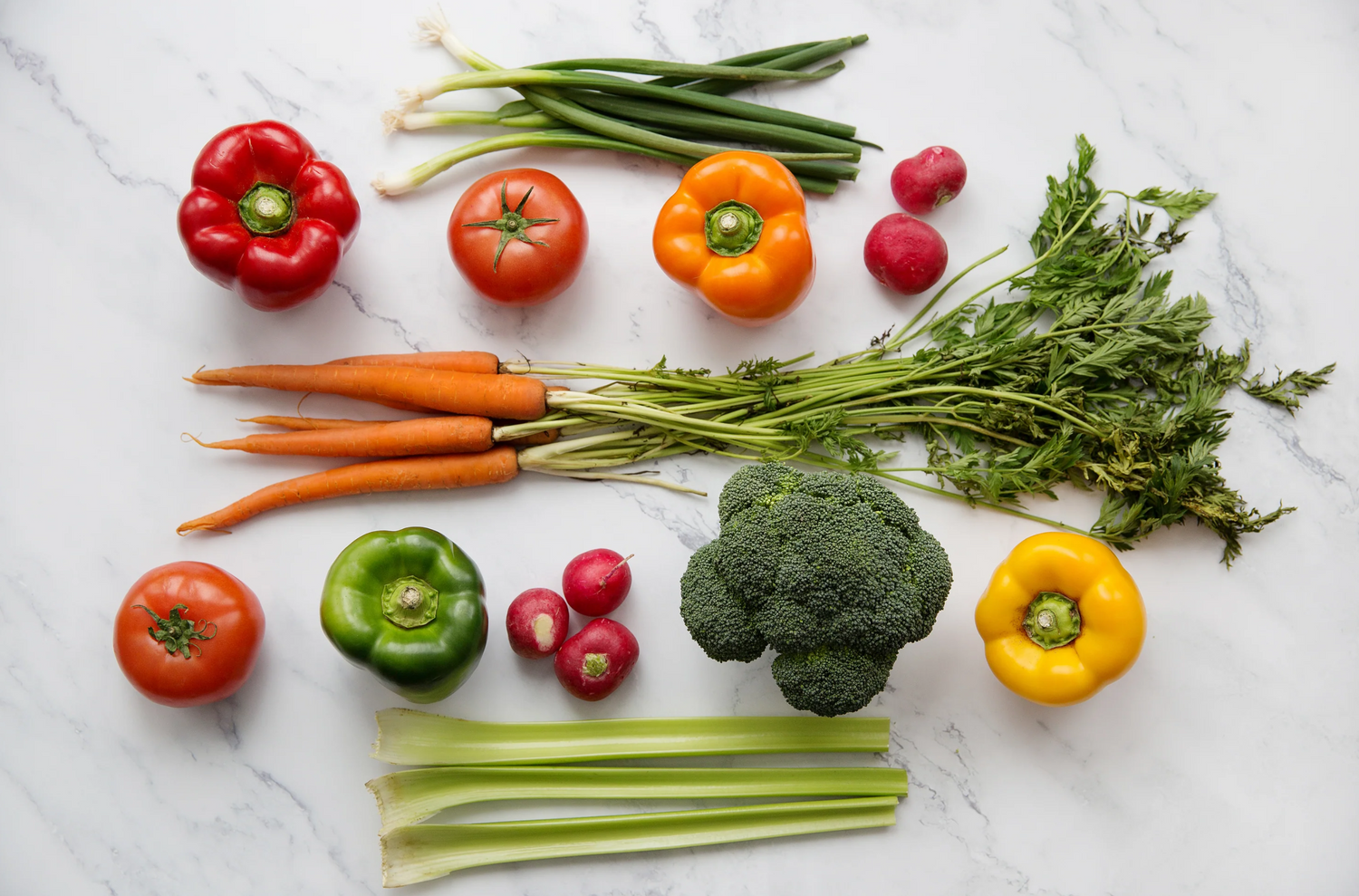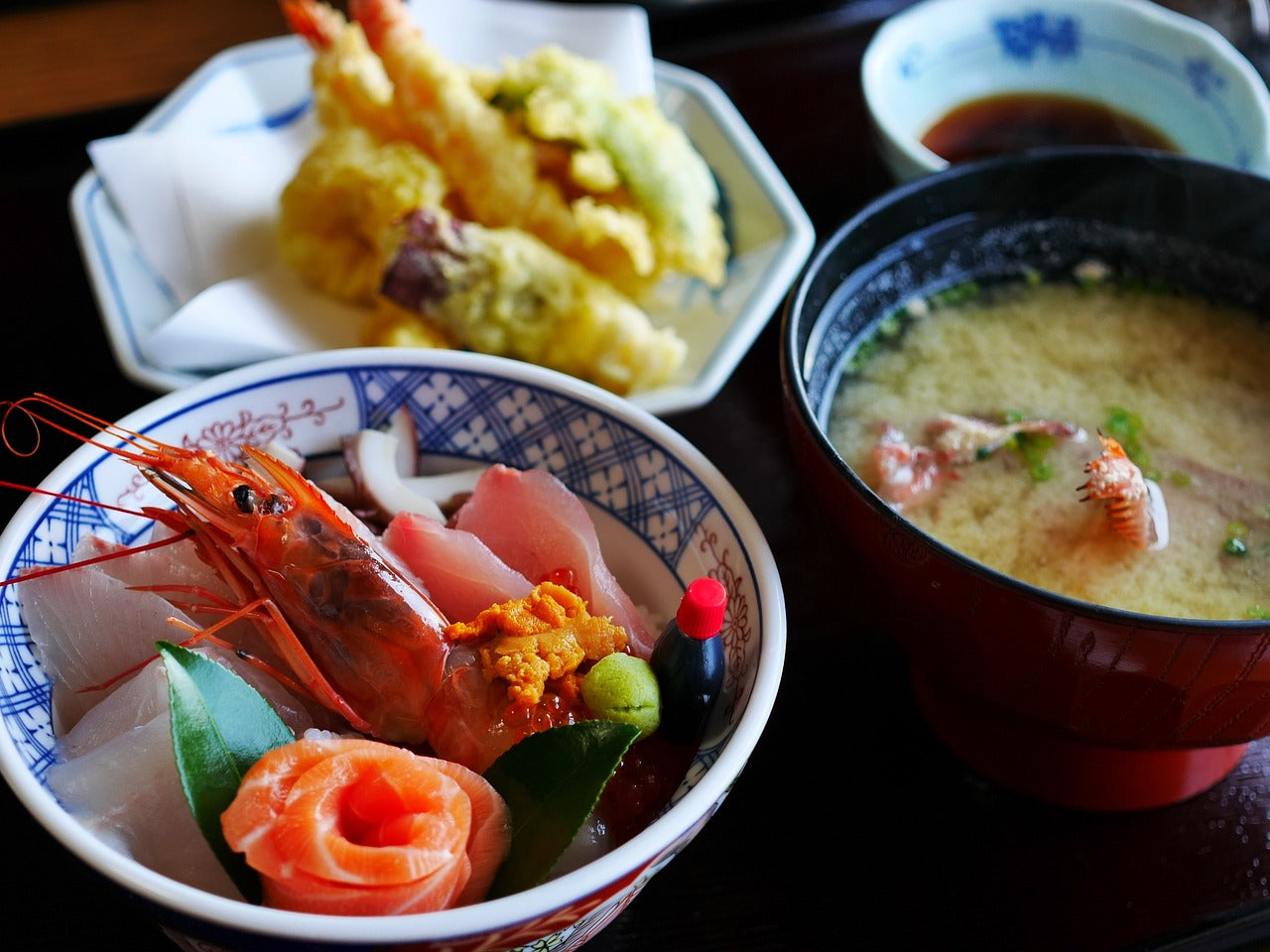
-
How to Cut Vegetables and Fruits
-
Unlock the secrets of artistic culinary presentation with KIREAJI's cutting techniques, designed to bring precision and beauty to every dish.
-

Carrot
CarrotLearn decorative carrot cutting techniques like "Ume Ninjin" on KIREAJI, enhancing food presentation through precise knife skills.
-

Cucumber
CucumberKIREAJI's cucumber page teaches seven decorative cutting techniques to enhance dish presentation.
-

Radish
RadishLearn decorative radish cutting techniques like "Katsuramuki" and "Chrysanthemum" on KIREAJI, perfecting dish presentation.
-

Shiitake mushroom
Shiitake mushroomKIREAJI's shiitake mushroom page offers tutorials for five decorative cuts to elevate dish presentation.
-

Apple
AppleDiscover two unique apple slicing techniques on KIREAJI's apple page, enhancing food presentation.
-

Lemon
LemonKIREAJI's lemon page introduces five decorative lemon cutting techniques for creative food presentation.

How to Hold a Japanese Knife
Step into the world of professional chefs and enhance your culinary craftsmanship with KIREAJI's essential guide to mastering the art of holding a Japanese knife.

How to Cut Vegetables
When cutting vegetables, use a slicing motion rather than chopping straight down to preserve texture. Slice towards or away from you, with a pushing motion preferred for vegetables to maintain crispness. For softer vegetables, cut across the fibers. Techniques like "tateken" and "yoko tsuma" are used in Japanese cuisine for specific textures and presentations, such as garnishing sashimi with white radish. Mastering these cutting methods can enhance your cooking skills across various cuisines.

Japanese Food Culture Is Vegetables and Fish
Despite Western influences, traditional Japanese cuisine remains centered around seasonal vegetables and fish, reflecting the nation's island geography. Japanese knives, historically designed for these ingredients, continue to be integral to the culinary practices. The blog underscores this enduring aspect of Japanese food culture.

The Origin of Craftsmanship
-
It means the world to me as a craftsman when a knife I’ve made is used until it’s worn down to a smaller size.
-
For us artisans, nothing is more gratifying than knowing that a knife we crafted has been used and cherished for many years. It’s a testament not only to its functionality but also to how deeply it became a part of someone’s life, accompanying them through countless moments in the kitchen.
-
While knives are often considered consumable tools, with proper care and maintenance, they can last an incredibly long time. Seeing a well-used knife that has been sharpened and maintained until the blade has grown smaller tells a story—a story of the bond between the owner and their knife. It’s no longer just a tool; it has become something more significant, something irreplaceable.
-
Every knife we make is crafted not just for durability but with the hope that it will become a beloved tool, growing in sentimental value with each use. When that happens, the knife transcends its role as a utensil and becomes a trusted partner in someone’s life.
-
Whenever I see a knife that’s been worn down from years of use, I feel a deep sense of gratitude. It reflects the care and love that went into maintaining it, and knowing it served its purpose so well is the greatest joy a craftsman can feel.

Would you like to Experience the sharpness of handcrafted knives from Sakai City, used by 98% of Japanese chefs?
Through our exclusive partnership with Shiroyama Knife Workshop, we bring you top-quality knives. In addition, we offer free Honbazuke sharpening, a protective Saya, and paid after-sales services to ensure long-term confidence.
KIREAJI's Three Promises to You
-

1. Exceptional Japanese Knives
Our knives, crafted by Sakai City's master artisans, combine traditional techniques with carefully selected materials, delivering unrivaled sharpness and durability.
-

2. Genuine Sharpness
We offer free Honbazuke sharpening performed by skilled craftsmen, ensuring that you experience the authentic sharpness of a true Sakai knife.
-

3. Lifetime Knife Use
Each knife comes with a free Saya (protective sheath) for added durability. We also offer after-sales service through a trusted Sakai City workshop to maintain your knife's performance.









